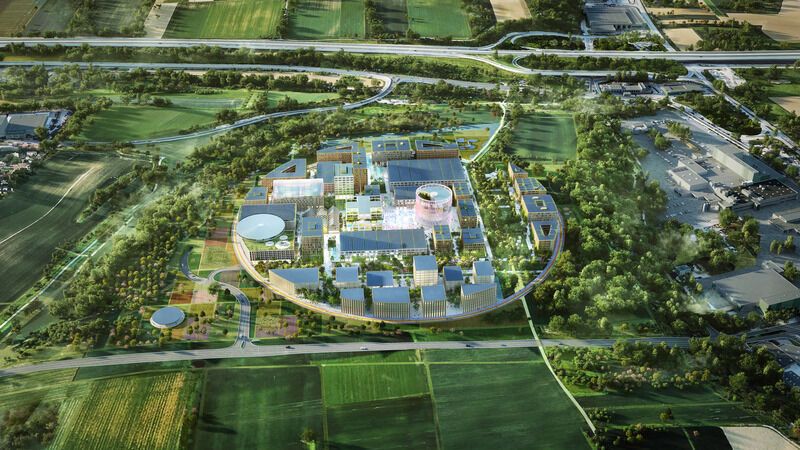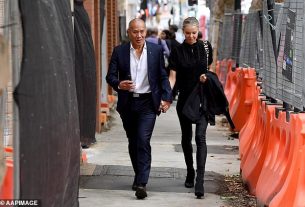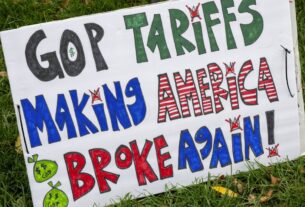A new initiative launched by a coalition of prominent green building organizations aims to address the growing financial divide between high-performing sustainable buildings and the broader building stock. The coalition, which includes the UK’s Building Research Establishment (BRE), the Green Building Council of Australia (GBCA), the Singapore Green Building Council (SGBC), the US Green Building Council (USGBC), and France’s Alliance HQE-GBC, is determined to unlock finance for a much broader range of buildings, particularly those that have yet to adopt sustainable practices.
The coalition’s new report outlines the challenges facing the building sector, particularly the estimated 75% of buildings that are currently underperforming in terms of sustainability. These buildings, which have yet to embrace green technologies and practices, are crucial to the global decarbonization effort.
While high-performing buildings have already accessed green financing, the broader market has largely been excluded from such opportunities. The report aims to bridge this financing gap, making sustainability more accessible to a greater number of buildings. This initiative is part of a larger push to decarbonize the building sector and ensure that no part of the built environment is left behind in the fight against climate change.
Key Recommendations for Financial Transformation
The coalition’s report highlights three main recommendations designed to unlock sustainable finance and accelerate decarbonization across the building sector:
- Policy Frameworks and Revised Taxonomies: The report advocates for the creation of policy frameworks and investment taxonomies that direct capital toward lower-performing buildings. By focusing on performance-oriented criteria, investment can be tailored to suit a variety of building types, ensuring that funds reach all buildings in need of sustainability upgrades.
- Global Standards for Decarbonization: Establishing global standards and metrics for decarbonization is a key recommendation to ensure consistency in sustainability improvements across regions and building types. These unified standards would allow building owners worldwide to track measurable environmental improvements and make significant strides in decarbonization.
- Resilience Considerations in Finance: The coalition stresses the importance of incorporating resilience into real estate finance mechanisms. By addressing both acute and chronic climate risks, such as flooding, heatwaves, and rising sea levels, these mechanisms can help protect lower-performing buildings from becoming “stranded assets” that cannot compete in a climate-conscious market.
The UK’s Building Sector: Challenges and Investment Needs
The initiative also brings attention to the pressing challenges facing the UK building sector, which is responsible for 25% of the country’s greenhouse gas emissions. Despite efforts to reduce emissions, the sector remains off track to meet the UK’s 2050 net-zero target. In its recent warnings, the UK Green Building Council (UKGBC) and the Climate Change Committee (CCC) have highlighted the rising cost of retrofitting as a key obstacle to achieving sustainability goals.
Research in the UK now shows that cost has become the primary barrier to sustainability in the building sector, surpassing previous concerns about a lack of client demand. In response, the UKGBC has called for an investment of nearly £64 billion over the next decade to fund building retrofit projects. Such an investment is expected to significantly reduce carbon emissions, lower energy bills, and create over 140,000 skilled jobs in the process.
Moving Towards a Low-Carbon Future
The coalition’s initiative underscores the importance of inclusive investment strategies in driving the adoption of green building practices. By expanding access to sustainable finance, the initiative empowers more building owners to adopt low-carbon practices, which will accelerate the global decarbonization of the built environment.
This initiative builds upon earlier efforts such as the “Financing Transformation: A Guide to Green Building for Green Bonds and Green Loans,” which established green building certifications like LEED, BREEAM, Green Star, and HQE as benchmarks for sustainable investment. By scaling these successful models, the coalition aims to make low-carbon building practices the standard, rather than the exception, across the globe.
For more details on the coalition’s initiative and their report, please visit Edie.net.



